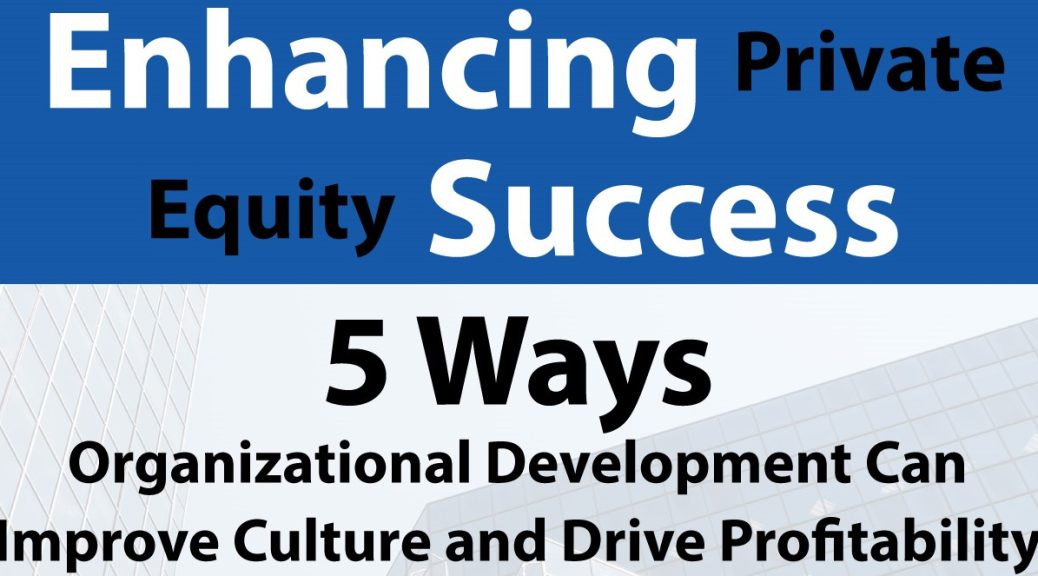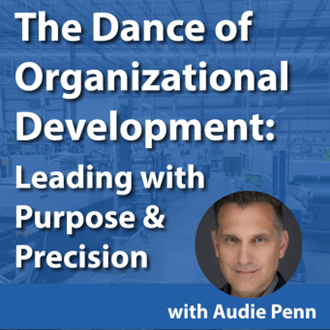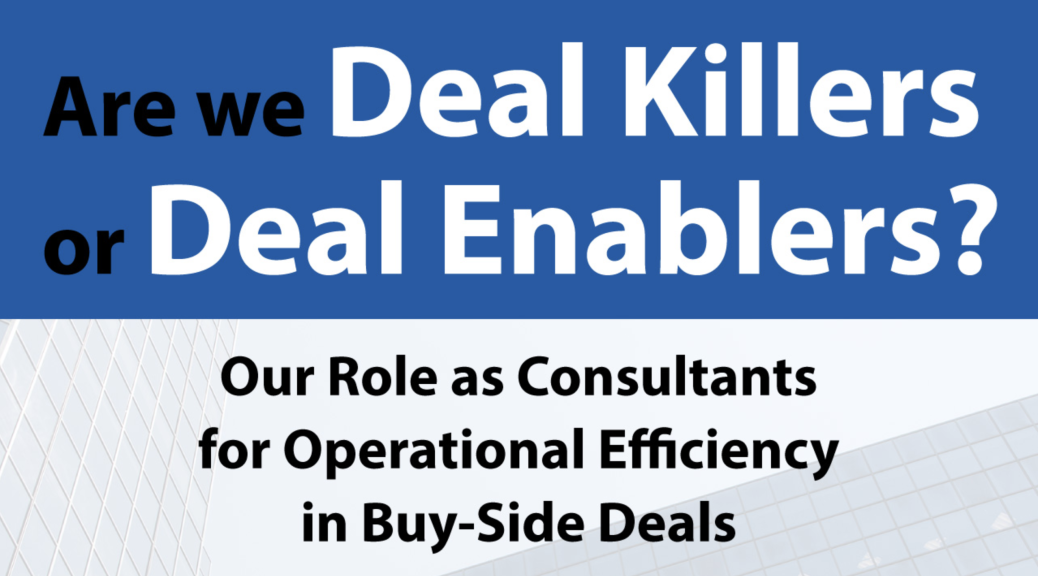For private equity, success often hinges on more than just financial metrics. The role of human factors, encompassing organizational culture and employee engagement, is increasingly recognized as a critical component in driving profitability and overall success. In The ProAction Group’s role of operational due diligence, organizational culture and development is a key focus of our read-out to Private Equity clients. We’d like to share five ways in which Organizational Development (OD) can be a strategic lever for private equity firms to foster a positive culture and enhance financial performance.
- Cultural Due Diligence – Beyond the Balance Sheet: Before investing in a company, private equity firms traditionally conduct a financial due diligence. However, incorporating cultural due diligence into the process is equally vital. Understanding the existing culture within a target company helps identify potential risks and opportunities. A misalignment between the existing culture and the firm’s vision can hinder post-acquisition integration and impact long-term profitability. Identifying the misalignment allows the firm to address it.
- Leadership Development for Sustainable Growth: Effective leadership is a cornerstone of successful organizations. Private equity firms can leverage organizational development to identify and nurture leadership qualities within portfolio companies. Investing in leadership development programs ensures a pipeline of capable leaders who can drive innovation, navigate change, and foster a positive corporate culture. A strong leadership team not only enhances organizational resilience but also contributes to long-term profitability. Our OpWise™ approach, builds on continuous improvement and leverages improvement projects to create a leadership development machine.
- Employee Engagement – A Catalyst for Performance: Engaged employees are more productive, innovative, and committed to the success of the organization. Private equity firms should prioritize employee engagement initiatives during and after the acquisition process. Through OpWise™, firms will be able to gauge employee satisfaction and identify areas for improvement. Fostering a positive work environment not only boosts morale but also enhances the overall efficiency and effectiveness of the workforce. The ProAction Group offers a more effective approach through continuous improvement and by involving employees in the transformation… our approach leaves the firefighting culture behind and leads to the development of a problem-solving culture. Mic drop.
- Change Management – Navigating Transitions with Finesse: Private equity transactions often bring about significant changes within organizations. From structural reorganizations to new technologies, navigating these transitions requires a strategic approach to change management. Organizational development can provide the framework and tools necessary to facilitate smooth transitions, ensuring that employees adapt effectively to changes. By minimizing disruption and uncertainty, private equity firms can expedite the realization of value and drive profitability.
- Nurturing a Learning Culture: In a rapidly evolving business landscape, organizations must embrace a culture of continuous learning. Private equity firms can play a pivotal role in instilling this mindset within their portfolio companies. Organizational development interventions, such as training programs, mentorship initiatives, and knowledge-sharing platforms, can foster a culture of continuous improvement. A learning culture not only enhances employee skills but also positions companies to adapt and thrive in dynamic market conditions, ultimately impacting the bottom line.
Private equity firms looking to maximize returns and drive profitability must recognize the integral role of human factors in organizational success. By incorporating Organizational Development strategies that prioritize cultural due diligence, leadership development, employee engagement, change management, and a learning culture, private equity firms can create a positive ripple effect throughout their portfolio companies. The ProAction Group, using their OpWise approach, can provide the operational insight needed to ensure your targeted investments in the human side of business will enhance organizational resilience and position the portfolio companies for sustained success.


